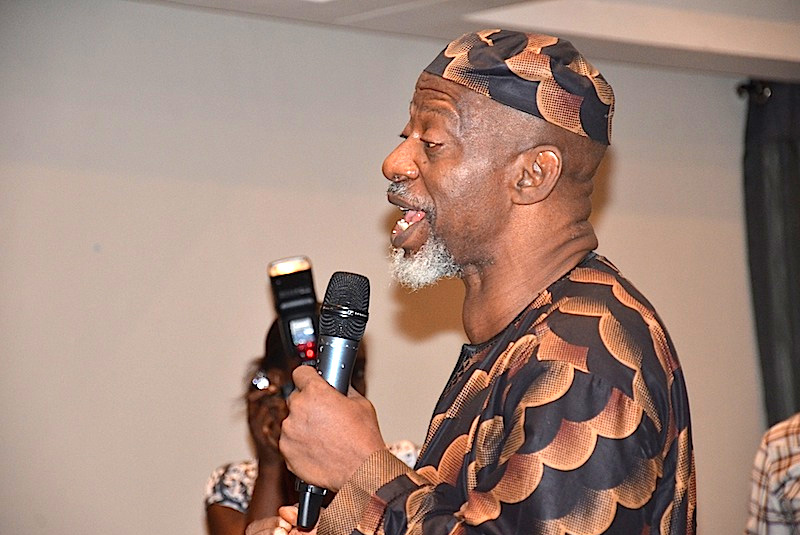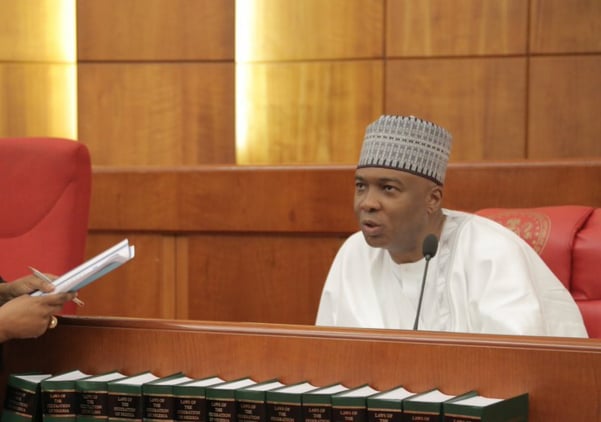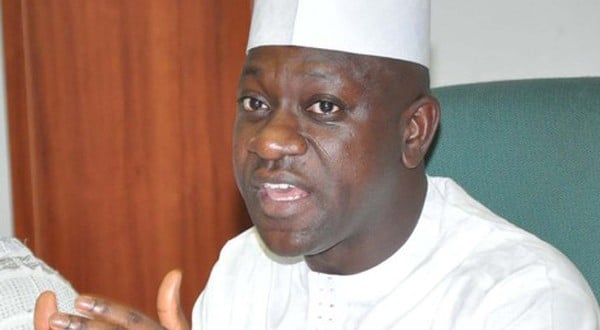Odia Ofeimun, poet and gubernatorial aspirant in Edo state, says despite collapsing leadership and national values which have made corruption to be rampant in high places, the Nigerian civil service is still effective.
In his foreword to two books written by Tunji Olopa, former permanent secretary in the ministry of communications, Ofeimun said the civil service has prospect which would make it to go places.
The books entitled Labour of our heroes past and Civil Service and the Imperative of Nation Building were published by Bookcraft Publishers in Ibadan.
Ofeimun said Labour of our heroes past holds prospects for the exploration of heroes long forgotten.
Advertisement
“It (the book) is a painstaking exposition of the travails of managing change in a society quite desperately in need of prime movers,” he wrote.
“The desperation, as a virtual fabric of the whole society, is clearly the reason that the author is ready to grant the outstanding performers in our midst, the feat-makers, so to say, the status of culture heroes.
“Otherwise, truly evident and uplifting, across Olaopa’s many books, is that he has turned his own admiration and worship of our heroes past into a means of personal, communal and national pursuit of organizational effectiveness.”
Advertisement
Ofeimun said the book is a new insight into the theory of charismatic leadership as a political theory.
“This book, quintessentially, is braced for a reversal of the verdict; and to bring grand visibility and acceptance to those whom the author considers deserving of acknowledgement as heroes,” he said.
“By memorializing their feats, up-raising the heroic status of people like Claude Ake himself, and deploying the values and standards that he and others have upheld in sector after sector, a corrective is emplaced against the rudderless, morally anarchic devaluation of outstanding performers.”
In his own foreword on Civil Service and the Imperative of Nation Building, Akin Mabogunje, the first African to be elected as a foreign associate of the United States’ National Academy of Sciences, traced the history of the Nigerian civil service.
Advertisement
“The book has taken on the challenge of delving into the workings of the Nigerian civil service to dissect the basis of its dysfunction, failings, successes, progress and future possibilities from both a theoretical and practical perspectives,” he wrote.
“His passion for research and the intellectual confidence with which he presents his findings, observations and conclusions are attributes not commonly found among career civil servants.
“Indeed, the structure of most of the essays in the volume is certainly a critical notch above the conventional public commentaries that populate our nation’s newspapers, with most of the analysis duly spiced with personal anecdotes and wisdom quotes from great minds in the political and administration arena.”
Photo Credit: Sahareporters
Advertisement







